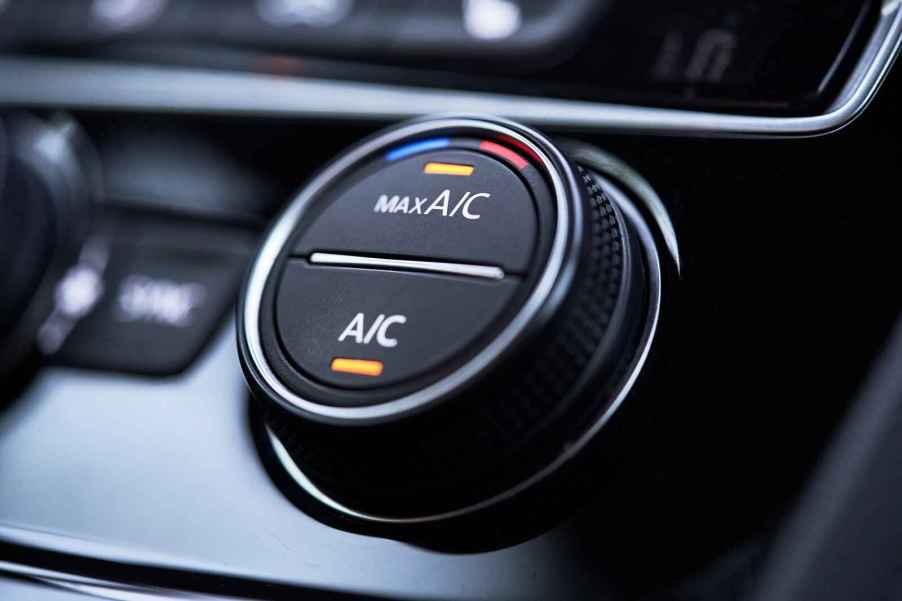
Automakers Called to Move Away from ‘Forever Chemicals’ in Car AC Systems
A recent report by Ducker Carlisle sheds light on a crucial issue in the automotive industry. The topic: “Forever chemicals” used to cool the cabin air in cars. The global consulting firm’s report reveals that a majority of carmakers currently utilize R1234yf as their refrigerant of choice. Particularly, this is true in plug-in hybrids (PHEVs) and battery electric vehicles (BEVs). However, the firm is strongly recommending a rapid shift away from this refrigerant due to environmental and health concerns.
The push for change comes amid increasing vehicle electrification. One of the auto industry’s primary interests in electrifying is effective thermal management. Solid thermal management enhances battery range and lifespan. Of course, major blockers to mass EV adoption in the U.S. are range concerns and questionable battery performance.
Volkswagen’s decision to opt for CO2 as a refrigerant for its EV platform has set a precedent. In turn, the firm says other OEMs have started to explore alternative refrigerants. This shift is particularly significant as CO2 (known as R744) has a lower environmental impact compared to traditional refrigerants like R1234yf and R134a. The latter two contain Per- and Polyfluoroalkyl (PFA) substances.

Car AC systems with “forever chemicals” have already been targeted by the EU
The environmental implications of PFA substances can’t be overstated. These chemicals, often referred to as “forever chemicals,” persist in the environment over long periods. As many already know, PFAs have been linked to serious health issues. In response to growing concerns, there is mounting pressure for regulatory action. Several EU countries have proposed banning the use of PFA-laden refrigerants like R1234yf in cars by 2030. This potential ban, coupled with government subsidies favoring refrigerants with lower Global Warming Potential (GWP), is driving the need for OEMs to quickly reconsider their refrigerant choices.
While CO2 emerges as a promising alternative, the decision ultimately rests on many factors: regulations, subsidies, vehicle type, safety concerns, and brand positioning. For instance, buses with high heating and cooling requirements are more likely to adopt CO2 or propane (R290) due to their excellent thermal performance. However, concerns about the flammability of propane raise safety considerations. This is particularly the case in passenger cars where the risk of fire hazard is higher.
Despite the challenges, there are ongoing efforts to innovate and address safety concerns associated with alternative refrigerants. Ducker Carlisle predicts that the majority of OEMs will make a broad shift to CO2 within the next two to five years, but time will tell if any other viable solution is unveiled. Regardless, “forever chemicals” must be phased out as quickly as possible to avoid further harm.



